The Don Palathara Interview | 'I See Myself As Someone Who Makes Films When He Can'
Don Palathara chats with Ishita Sengupta about the marked style he adopted for his film Family, and what he seeks to achieve as an independent filmmaker working in India right now.
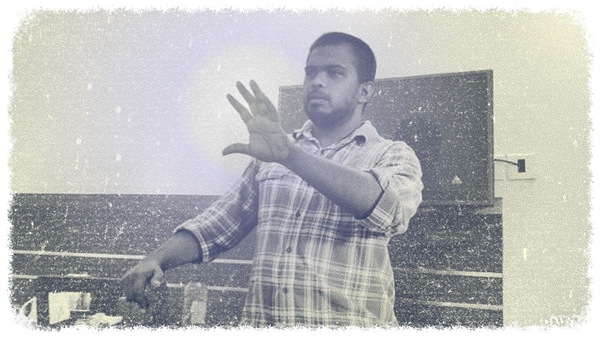
Last Updated: 08.55 PM, Apr 28, 2024
IN DON PALATHARA’s Family, there is a man and an animal. One can be seen and the other remains hidden. One walks on two feet and the other prowls. The unsuspecting residents of Idukki, the district in Kerala where the film is set in, remain vulnerable to both.
Palathara’s sixth Malayalam language feature is a sparse film that is artfully constructed and potently crafted. Family comes after the inventive Everything is Cinema (2021) and Santhoshathinte Onnam Rahasyam (2021) where the narrative design was imbued with interiority and the storytelling was committed to experimental nuances. In that sense, Family feels like a sharp departure where the expansive physical space inside the frame jolts us out of passivity and entreat participation.
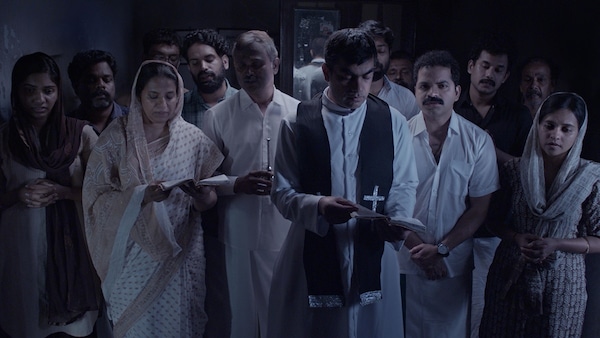
This is a style, the filmmaker concedes, that he wished to arrive at for a while now. But style — distinct and unmistakable — is embossed on his filmography. Whether it was his first three outings (Shavam: The Corpse in 2015, Vith in 2017 and 1956, Central Travancore in 2019) which he shot in black and white or the hyperrealism in Everything is Cinema, that centres on a documentary filmmaker and is designed as a documentary.
With Family, which premiered at the International Film Festival Rotterdam in 2023, Palathara reiterates specific themes from his oeuvre and also outlines them with specificity. For instance, his early preoccupation with Christianity assumes the centrality of a protagonist here as he examines the rot in the system which is embellished by religion till it becomes invisible. Family centers on Sony (Vinay Forrt), a devoted Christian and seemingly amenable man who turns out to be no different from the elusive leopard.
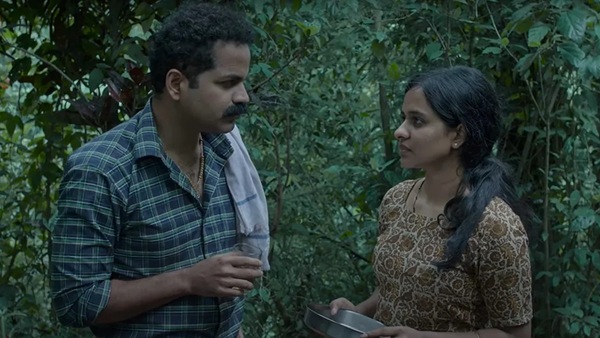
In India, the film released theatrically in February 2024 and post that, Palathara chatted with this correspondent about his beliefs, the marked style he adopted for the film, and what he seeks to achieve as an independent filmmaker working in the country right now. Edited excerpts:
The theme of a community and the decay inside it has been common across your work. Where did the idea of Family come from?
The idea came from a very personal space. After becoming an adult, you have certain realisations about life and the people around you. Growing up, you think certain things happen only to you or certain people around you, and that no one knows about it. But it happens to others as well and these are the secrets of the community. Family was a reaction to this.
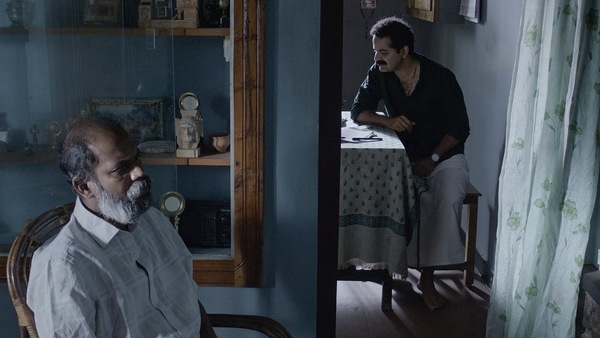
In your film, religion not just covers up abuse but is also indicated as a reason for it. What has been your relationship with religion and how has that evolved with time?
My relationship has been difficult, especially in childhood. I viewed it as an all-powerful entity that one needs to be afraid of. Like, it can control even the smallest of things. You have to dedicate a certain time for religious activities. Theoretically, I understand that religion can be useful as a force to people and create a positive impact to community and culture. But personally I could never comprehend it that way. For me, it was always this antagonistic power. That very subjective experience must have had a large impression on me and that possibly came out in the film.
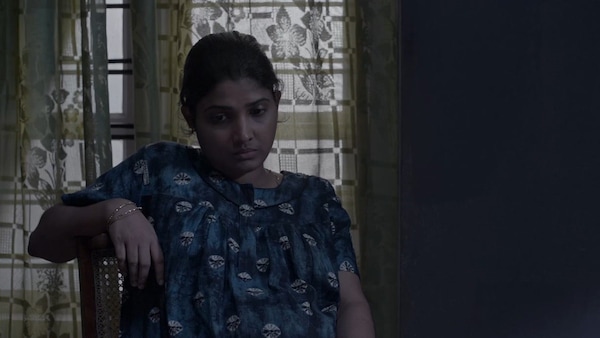
In Family, you have made some distinct stylistic choices. The camera is almost always at a distance like you are telling us to track the clues and come at a conclusion. How did you arrive at this visual language?
I always wanted my filmmaking to have this particular subtle style. In India, one of the hurdles we face while watching films is spoon feeding. We want the filmmakers to tell us what to feel and in which circumstances. I am not saying that it is wrong but I prefer depicting reality as objectively as possible. This allows me as an audience to bring my emotions and personal history to a scene, and that is the kind of experience I wanted this film to evoke. This makes each person’s reading of a film different.
Having said that, I will not imply that this is the ultimate point where I wanted to reach. But it is one of those points. The most suitable style for (this) particular film, but it may not be ideal for another film.
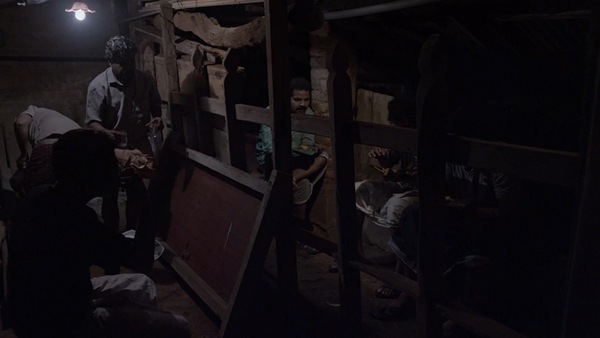
You have co-written Family with Sherine Catherine who has been your frequent collaborator. What does having a female gaze bring in a film like this?
Sherin does not just help me with the feminist bits or with the things that only women can see. Rather, it is like any two people collaborating. She gives me ideas about female perspectives and characters...how they will behave, the way their relationship will evolve, what will be the dynamics between them. She gets into the psychology of the people and the social psychology of the community. I have someone who is very intelligent. We have a lot of conversations about things and we finally reach a conclusion. In Family, we collaborated in a scene where the two women are talking about Sony, and later even in instances where Sony says something.
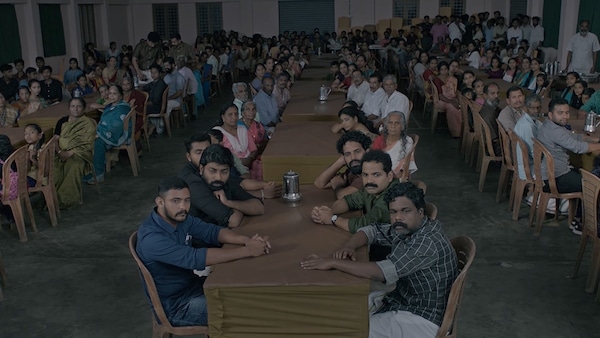
India is not exactly conducive to independent filmmakers. How has your experience of an independent filmmaker been this far given that you do not like labels?
A couple of days ago I was watching the films of Amit Dutta and wondering how prolific he is. He keeps making films every couple of years like a true craftsman. I cannot claim anything like that. I have always followed the flow. During COVID, I made films which suited the budget I had. When I had some more budget, I made a film like Family.
Any sort of filmmaking has its challenges. Unless you are only after money, it's not a very profitable business. If you look at the films made in Kerala in one year, not all of them make a lot of money. A bunch of them do. So, filmmaking is not a reasonable career. The way I see myself is someone who makes films when he can. It is not something I predict or plan or execute.
Subscribe to our newsletter for top content, delivered fast.
